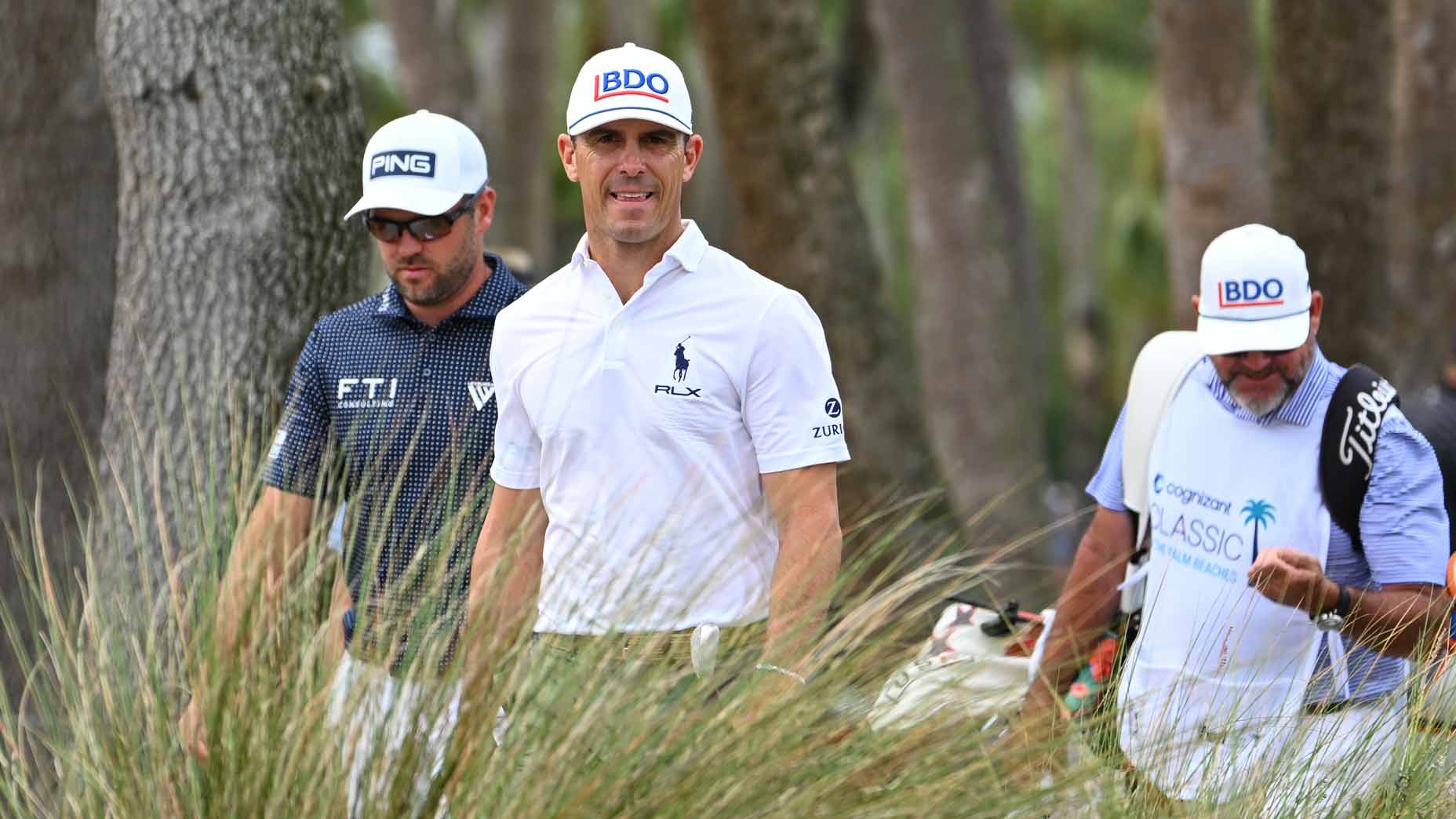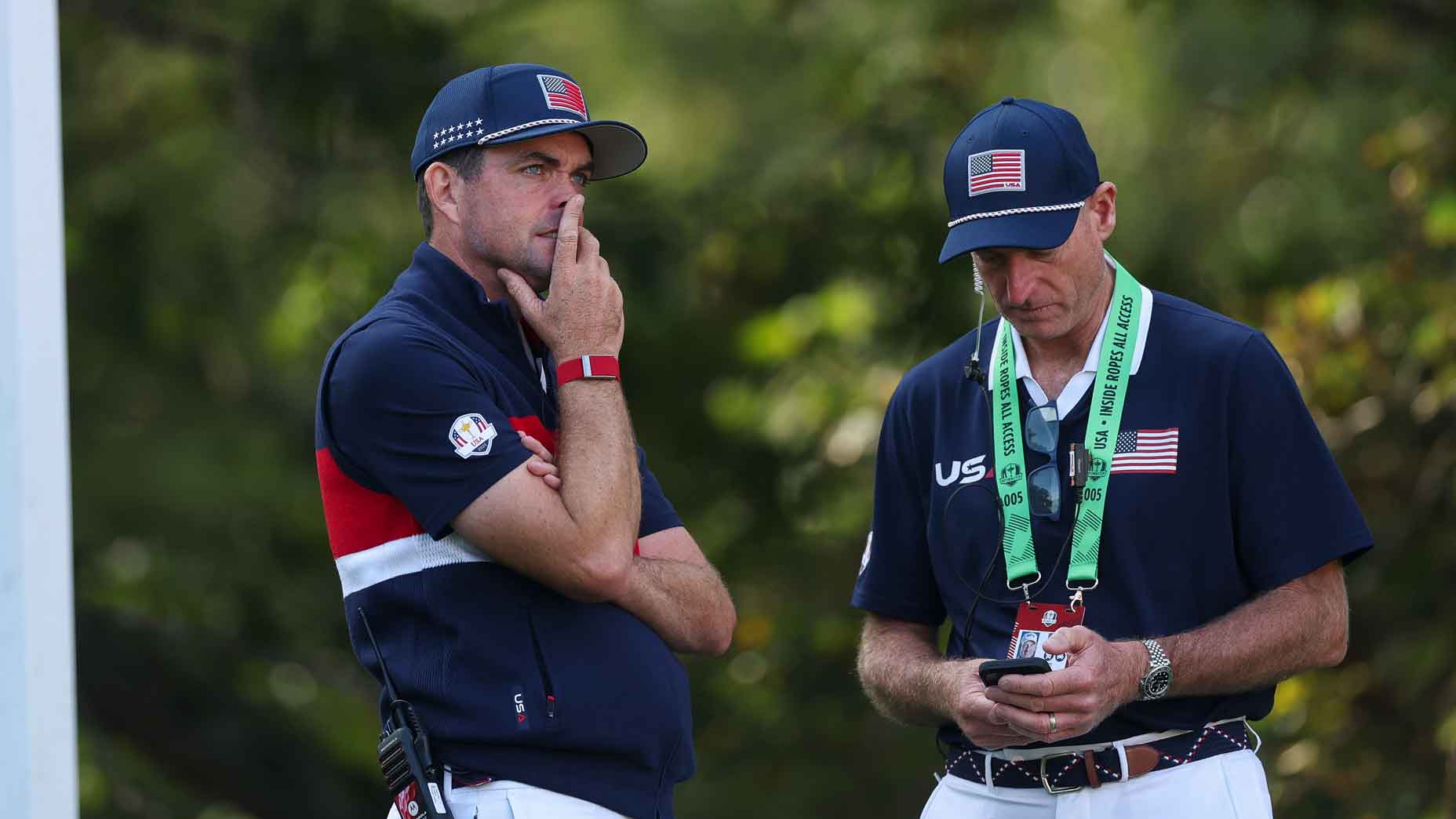 Pro Andrea Pavan injured in freak elevator accident, according to reports
Pro Andrea Pavan injured in freak elevator accident, according to reports
Former Ryder Cup captain reveals how depression almost led him to quit golf

In his first interview since finishing his new book, Thomas Bjorn told The Guardian that his battle with depression almost led him to quit golf.
Bjorn, who captained the 2018 European Ryder Cup team to a victory over the United States in Paris last year, co-authored the book “Mind Game: The secrets of golf’s winners” with Michael Calvin. He recently spoke about the book and some of his own difficult times with Donald McRae.
“I was close to giving up the game,” he said. “In the end it’s almost like I didn’t want to get up in the morning. This happens because the problems you see in your head are so much bigger than they are in reality. They take over your mind.
“You can ask all the people in the world but in the end, if your mind doesn’t respond, all of that is just noise,” he continued. “You need to take responsibility for what you’re thinking. It’s like trying to quit smoking. If you don’t want to stop smoking, you can have all the help in the world and it’s not going to get you there. But then you wake up one morning and you’re coughing so much, and feeling so crap, you decide: ‘I have to beat this.’ You need to want to do it. My tool was having those conversations with the mirror. Those conversations were not made up. They happened.”
Bjorn said it was around 2004 when his depression was so bad that he didn’t want to get out of bed. “A good stretch” was then followed by another bout in 2010.
“When you start sliding down it’s very important to remember how you got out of it last time,” he said. “As you get older that becomes easier. So mental health in young people is something we need to address much more. Young people are much softer and don’t have the life experience. When you’re older and you’ve taken yourself out of the situation twice, three times, it’s easier to see the warning lights.”
Bjorn said golf, with its individualism, long walks between shots and seemingly endless time to analyze and reanalyze shots, can make the battle even harder on one’s mind.
ADVERTISEMENT
“Over-analyzing in sport, in life, can lead to negative thoughts,” he said. “An over-active brain is not great for sport. I can get caught in a corner and sit there and think for hours. And then, all of a sudden, it’s easy to get in a downward spiral.”
Bjorn, 48, doesn’t play as much anymore, but told The Guardian he still loves to travel and loves being on tour. He’s still figuring out what to do with this next chapter of his career.
“I used to blame the game for how I was feeling,” he said. “But you end up hating golf because it’s easy to hate. It’s like hating a government because it’s easy to blame somebody else. But this is your life and you can turn it around. It’s not the game’s fault. I am happy I found a way to learn to love the game, and life, again.”
“Mind Game,” which explores the mental aspect of the sport with insight from some of the game’s biggest names, was published on May 30. You can buy a copy of the book here.
ADVERTISEMENT







